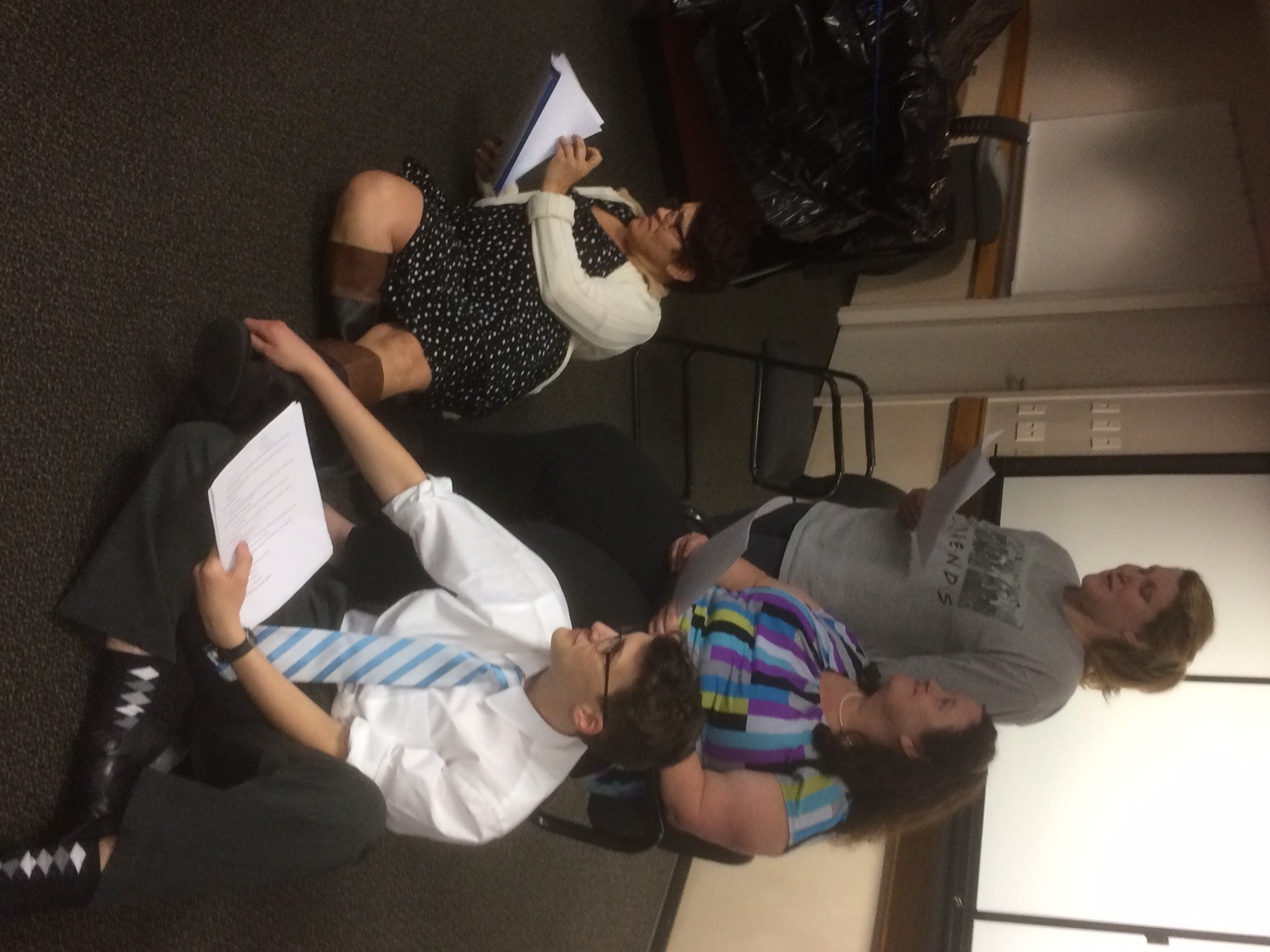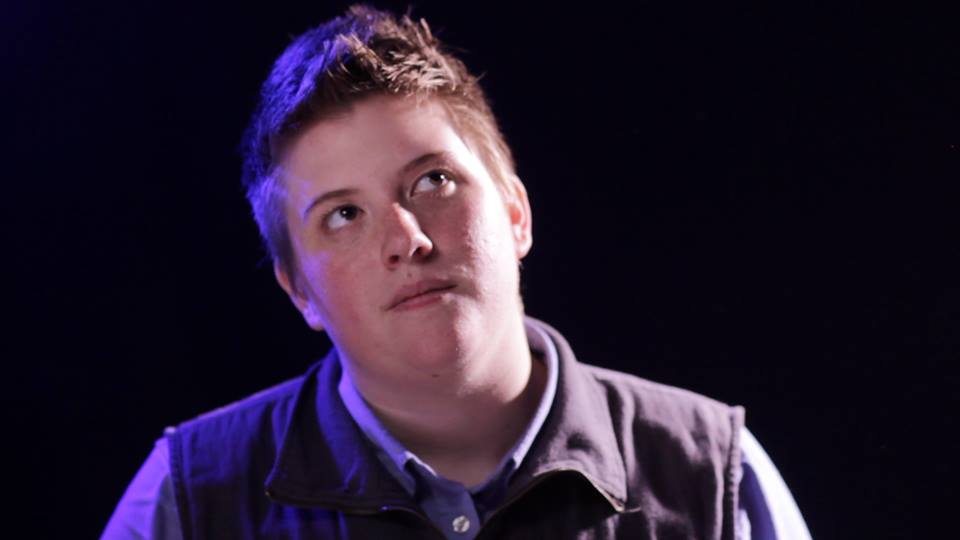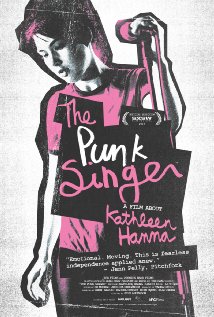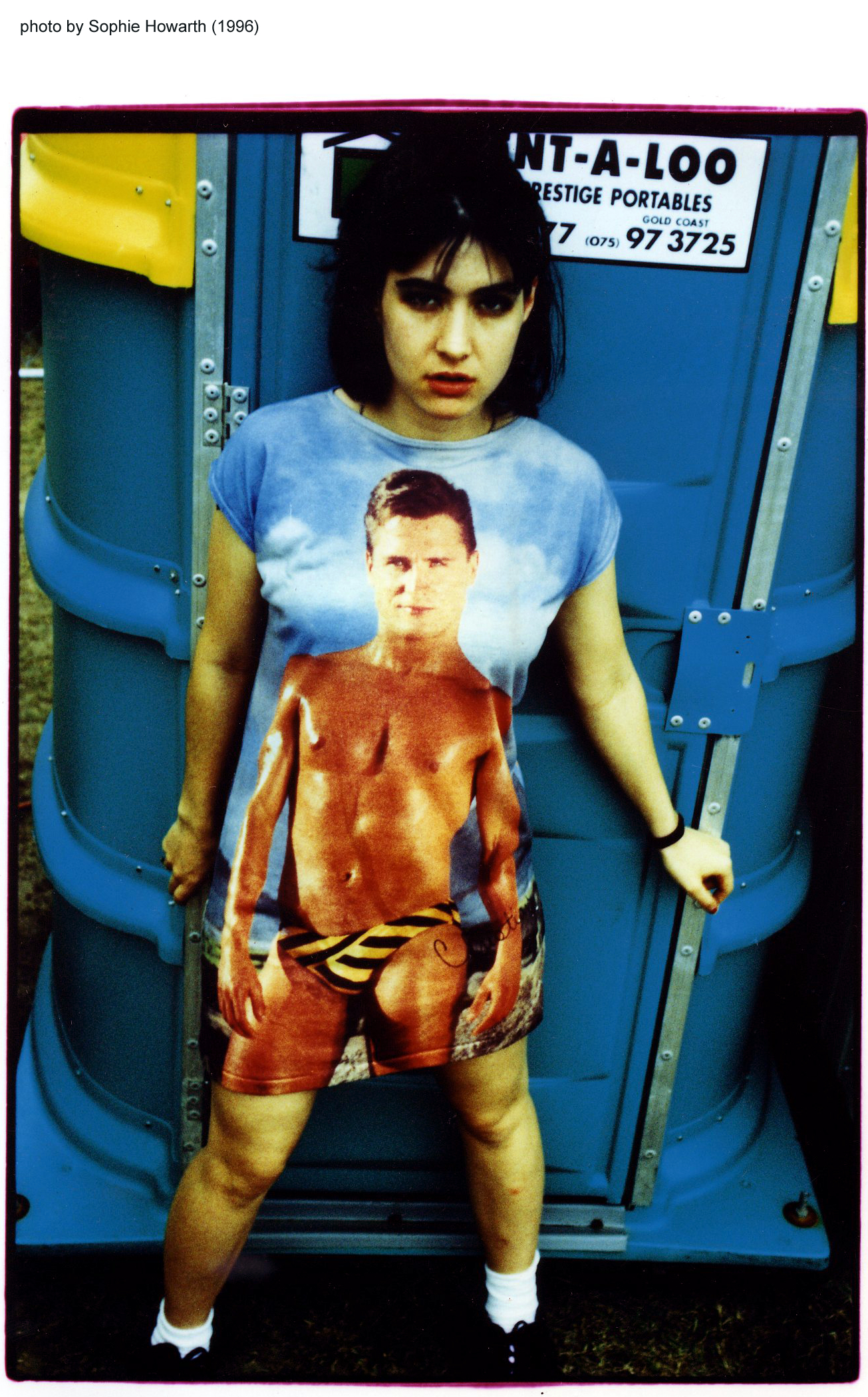 “To every woman who gave birth to every taxpayer and citizen of this nation; we have fought for everybody else’s equal rights. It’s our time to have wage equality once and for all, and equal rights for women in the United States of America.”
“To every woman who gave birth to every taxpayer and citizen of this nation; we have fought for everybody else’s equal rights. It’s our time to have wage equality once and for all, and equal rights for women in the United States of America.”
Patricia Arquette’s rousing Oscar acceptance speech not only called to question the inequality women today face all over the world, but the inequality women have faced throughout time.
According to the American Association of University Women (AAUW):
- Hispanic and Latina women were paid 54 percent of what white men were paid in 2013.
- Women make up just 14 percent of the engineering workforce.
- Women represent only 18.5 percent of Congress.
- 24 states have never elected a woman governor.
- The United States ranks 60th globally in women’s political empowerment.
- 60 percent of sexual assaults have gone unreported since 2009.
- Women make up just 4.6 percent of Fortune 500 CEOs.
- More than 22 million working women do not have paid sick days.
- Half of working mothers say that they often take unpaid time off to care for a sick child.
- So far in 2014, state legislatures have introduced 468 restrictions on women’s bodies, and zero for men.
(“10 Stats on Women’s Equality That Might Be Scarier than Halloween,” AAUW)
These striking statistics reinforce how the nation and the world needs to raise awareness and fight for gender equality.
One way that can be achieved — through the medium of theatre.
The University of South Carolina’s Lab Theatre opens Trojan Women, and immersive theatre experience written by Euripides, and directed by senior Kelsea Woods Thursday, Feb. 26.
“Feminism definitely plays into the show. First of all, it’s a show with eight women and two men which is something that you almost never see in modern theatre, much less Ancient Greek theatre. That’s definitely a feminist aspect right off the bat,” sophomore Brooke Smith, chorus member, explains. “I also think the play, especially our interpretation of it, shows women persevering in an extremely difficult, tragic situation and uniting together to take control of their own fate. If that’s not some awesome feminism, I don’t know what is.”
These women of Troy, both fictional and historical, represent all women in their own respective manner in the way they act and the way the actors describe them. They are broken, fervent, observant, good-hearted, strong and resilient women who face unsurmountable odds.
“It’s not Cassandra’s fault she is crazy — It’s Apollo’s. Literally the only reason she is crazy is because she said no having sex with Apollo. Everyone else treats her like she is insane, so she is,” senior Rebecca Shrom, playing Cassandra, elaborates. “Honestly, she is one of the only people who accepts her fate and takes it head on. Everyone else is all, ‘Woe is me. Weep for me,’ while Cassandra says, ‘Watch me while I destroy our enemies, the thing the men couldn’t do.’”
While each woman has their individuality, they also come together as one to face the world that crumbles before them.
“This very easily could be a play of women being very, ‘Take pity on me,’ wallowing, and just succumbing to this force and subordinating. In the way that I’m reinterpreting it, I’m seeing these women and their general call to action to these crimes that the Greek people would have seen as a feminist platform in today’s society where they are constantly rallying and actively not giving up. Even when the only thing they have left is to express their grief and weep, that is so powerful to them,” Woods adds.
This grief plagues women today as it did the women of Troy and of nations past.
“A big thing that we’ve talked about and something I’ve been kind of looking into more is the idea of women really being the true victims of war as far as being prone to war crimes such as systematic rape like what’s going on in Syria and all these crazy things where men use them as objects to gain power,” Woods says.
As a first-time director, Woods has created the world for the women of Troy in a new, modern way.
“In bringing it into our world and approaching it with a modern sensibility, I chose a translation that would allow for that. It’s still heightened text, but the translator did a fantastic job of making it so immediate, that I think modern audiences will respond to that. In kind of going in that way and as its very much a reflection of issues going on now, I just wanted to bring the whole production from design, staging, going about it in a new, nontraditional way — I just wanted to bring all of that modernity into a new interpretation of a classical text,” Woods says.
Not only does Woods modernize the world to make it more applicable, she offers the idea of immersive theatre.
“This is not your typical production. The intimate, immersive quality of the show is unlike any other I have had the opportunity to work on. Audience members will have no choice but to fully engage with this timeless story. This theatrical experience is all encompassing,” junior Jamie Boller, playing the lead of Hecuba, adds.
This new theatrical concept mixed with an old struggle for women’s rights and respect brings the audience into a world where they are forced to face the facts that the world still has room for improvement.
“Our community has expanded in a greater sense than what it once was, but it still calls for empathy, compassion, understanding, all these things that we often lose sight of, but are so incredibly important. Being aware of these factors helps things like war not happen. Especially given all the current political situations — it’s the same issue we’ve been dealing with for thousands of years, but we haven’t learned fully from our mistakes just yet,” Woods says.
Through these overwhelming statistics, this powerful story, and the women who have dealt with and continue to deal with these issues, there is a lesson to be learned from Hecuba, the main character:
“Life means hope,” and that hope is that the world will change for the better as women continue to strive for equality.
“This show really demonstrates that women have the ability to fight back in their own way,” junior Cami Reid says, “Even under the most devastating of circumstances.”







